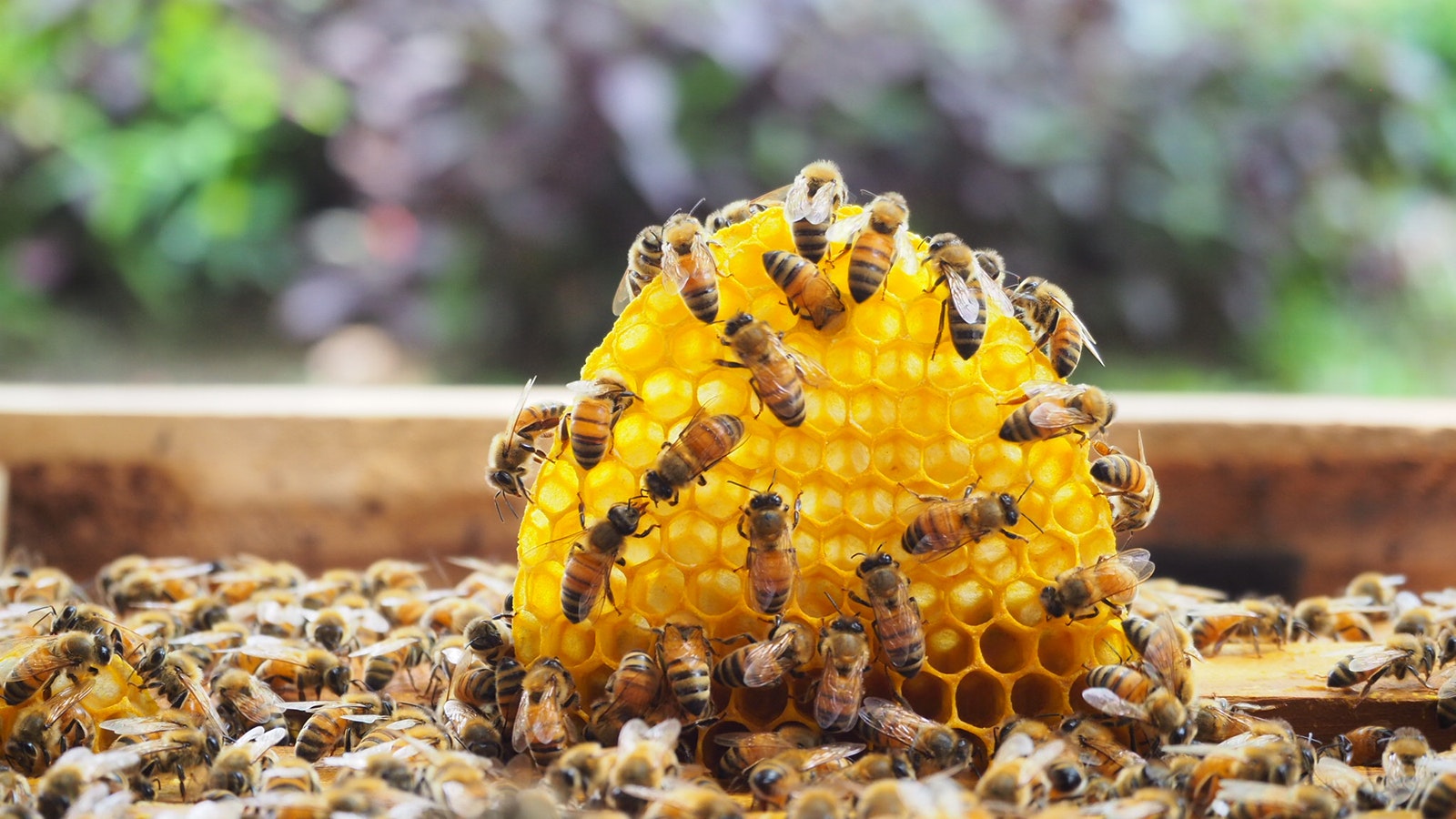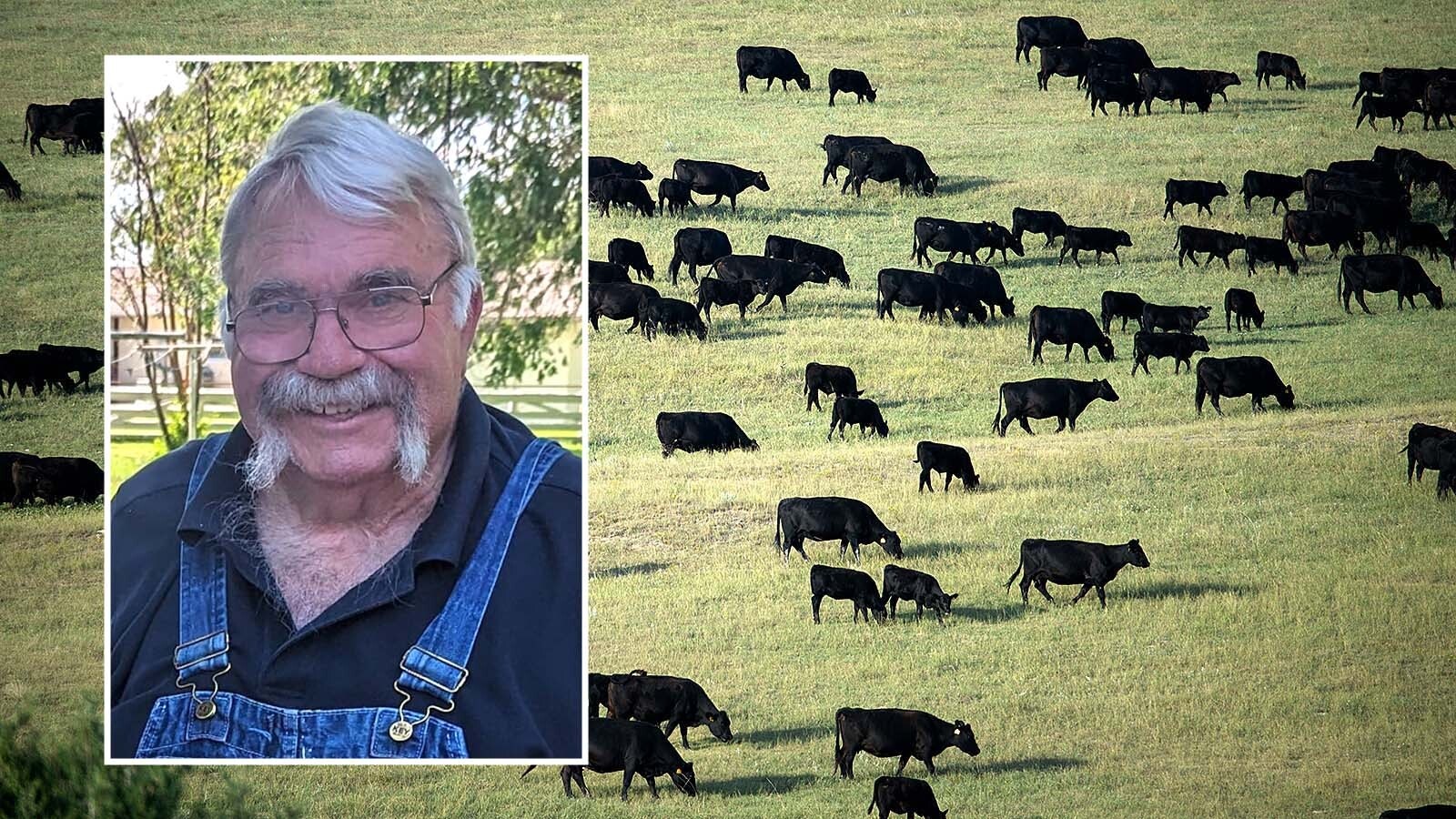Laramie County Extension’s annual Bee College, which this year added a garden-to-market conference, has become a perennially popular event that draws people from across the Cowboy State and even from places as far away as Vermont and beyond.
But its founder and organizer, Catherine Wissner, is retiring after this year.
That had the popular conference abuzz, with many participants wondering aloud if there will even be an event next year.
“L Triple C is also very concerned of the Bee College going away,” Wissner told Cowboy State Daily. “Rumors being what they are, one (member) of the board of trustees is concerned the Bee College is going away.”
But, Wissner said, a meeting has been planned within the next couple of weeks to discuss where to take the Bee College after her retirement.

Not Buzzing Off, But Changing
Associate Dean of the College of Agriculture and Natural Resources Kelly Crane said continuing the Bee College is “something we’re keenly interested in.”
“We consider the Bee College as one of UW Extension’s signature events, and we certainly hope to continue this impactful educational program in future years,” he said in an email.
While he doesn’t expect the Bee College will go away, he did tell Cowboy State Daily in an interview that it may look different than it has in the past, particularly given that its organizer is retiring.
“My sense is we have a cohort of Extension educators who are interested and have some expertise in this subject area,” he said. “And so, I suspect what’ll wind up is we’ll have a program development team that plans an agenda and hosts the meeting. That’s kind of how I see it going forward.”
Crane added he expects the event will continue to rely on the people who have helped organize it in the past.
“But it won’t be one person,” he said. “Because, although we’ll try to fill Catherine’s position, we probably won’t have that done in time. So, it will be a cohort of our educators and community partners pulling the program together.”
The group will decide whether to keep the garden-to-market aspect of the conference, among other things, Crane said — but that doesn’t include a change of location.
“We have no plans to move the Bee College,” he said.

Funding Issues Ahead
Wissner said she does see several challenges ahead for the committee as it charts a new future for the popular conference.
Among the biggest are funding sources.
“I’ve had a lot of people try to tell me how I can continue on and get sponsorships and all sorts of things,” Wissner said. “But I’ve been doing this for 10 years now and I’ve done conferences before this, so it’s not like my first time doing it.
“So I know all the different money avenues, and I gotta tell you for this right now, the money is drying up.”
Sponsorships are hard to obtain, she added, and grants are usually only feasible short-term.
“Even the USDA doesn’t want you to continue on grants endlessly as a way to find funding,” Wissner said. “They want the program to be sustainable.”
Not only that, Wissner said, but she’s noticed that interest in beekeeping as a hobby has been waning.
“The equipment costs have gone up,” Wissner said. “And you can’t just put bees in a box and walk away from them.”
Bees require weekly care, Wissner said, particularly with the diseases that have been affecting them of late.
“It’s just no longer a casual hobby, and I think people are starting to realize that,” she said. “So, beekeeping is starting to drop off a little bit, but there’s interest in gardening and raising your own food and trying to be sustainable. That’s why I merged this conference, to take it in a little bit different direction.”
Current Location Ideal
Wissner also hopes the Bee College will remain in Cheyenne.
“Cheyenne is a great place to hold a conference,” Wissner said. “We’ve got the airport here, we’ve got the facilities. But once you start to leave Cheyenne, other than Casper, it’s really hard to pull something like this off.”
Wissner believes the proximity of the airport helps to pull in experts from as far away as Greenwich, England, Vermont, Boston and other faraway places because they don’t have a long drive ahead of them once they land.
Those experts are, in turn, a big draw for people across Wyoming, as well as people from other states, who also make use of the airport to get to the venue.
Changing to a new venue would also mean a new location for the event, Wissner added, one that might not be as affordable.
“L Triple C is hands down the best place to hold this,” she said. “It’s inexpensive. And the staff with the conference and event center group just bend over backwards to make sure everything goes smoothly.”
There’s a cafeteria on site, central to the event, which takes care of feeding everyone at an affordable rate.
“The food is always really good and it’s served with a smile,” Wissner said. “Everyone’s happy, everyone eats well. The coffee is endless. The snacks are almost bottomless.”
The cafeteria’s affordability and the airport’s proximity are both factors that have helped keep costs manageable for attendees, Wissner said.
“Everybody who attends this, it’s a backyard hobby,” she said. “They don’t have deep pockets. It’s not being paid for by their company.”


Want To Help?
Associate Director of Ag Bridger Feuz has been charged with helping organize the committee that will chart the new future for the Wyoming Bee College. Those interested in being part of that may reach him at BMFeuz@uwyo.edu.





